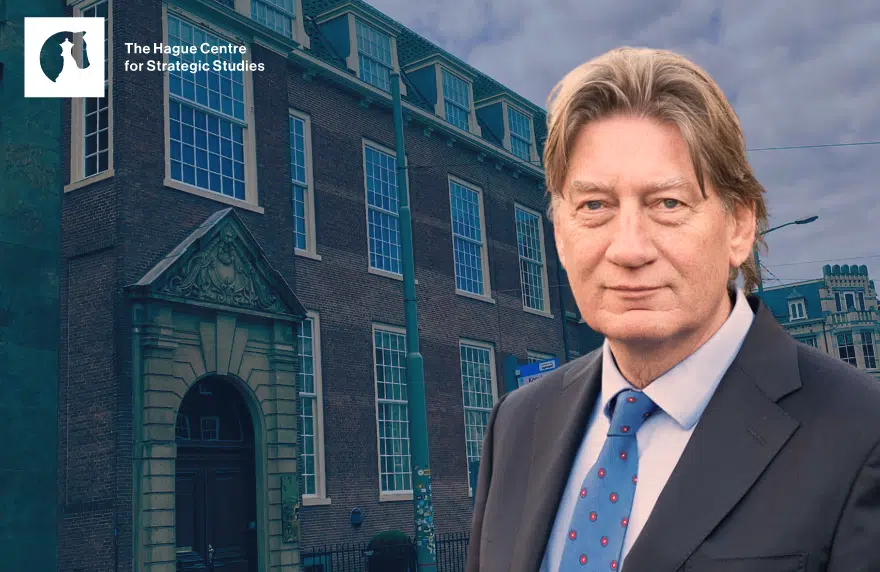Een paar weken geleden hoorde ik premier Orban van Hongarije de Europese Unie verwijten dat die organisatie te technocratisch en te weinig politiek is. De burger verliest zijn geloof en vertrouwen als politici niet in staat zijn een bindend, richtinggevend verhaal over de Unie te geven.
Ik was het met hem eens, ook al verfoei ik zijn nationalistische opvattingen en zijn geschuur tegen de randen van rechtsstaat en democratie. Interessant is zijn nationalistische interpretatie van democratie en soevereiniteit. Democratie en soevereiniteit worden in een adem genoemd. Internationale samenwerking kan, maar alleen als dit naadloos aansluit bij de Hongaarse belangen. Eigen democratie eerst, zeg maar.
Het punt is dat Orban zijn land wil onttrekken aan de wetmatigheden van de internationale politiek: mondialisering, integratie en onderlinge afhankelijkheid. Dit is precies wat andere radicalen van linkse of rechtse signatuur als Podemos (Spanje) en het Front National (Frankrijk) ook willen. Zij dromen van soevereine democratie; een natiestaat met weinig bemoeienis van buitenaf.
Beleidsaanbevelingen en bezuinigingen
De fictie van de soevereine democratie verklaart volgens mij de Griekse crisis. Tsipras met zijn visie op rechtvaardigheid wil zijn volk naar een betere toekomst leiden, maar wordt gehinderd door de Europese technocraten. Daarom wil de Griekse premier op het hoogste politieke niveau van staatshoofden en regeringsleiders over de schuldencrisis spreken, en niet op het technocratische niveau van de ministers van financiën.
Uit de voorstellen van Griekenland en de EU blijkt wat ik bedoel. Simpel gezegd is het Griekse voorstel een lijstje maatregelen die een bepaald bedrag moeten opbrengen; variërend van bezuinigingen op defensie tot belastingmaatregelen. Het woord ‘hervorming’ komt nauwelijks voor. Het voorstel van de EU bestaat uit ‘beleidsaanbevelingen’ die veelal hervormingen zijn: van ingrepen in het pensioenstelsel tot structurele hervormingen om het land concurrerender te maken.
Wie de twee documenten naast elkaar legt, begrijpt waarom Tsipras van die grote woorden gebruikt als onderwerping en vernedering. Door technische hervormingen af te dwingen, bepaalt Brussel de politieke koers, die Tsipras zelf wil uitzetten. De hervormingseisen van de Unie grijpen in op de wijze waarop hij Griekenland wil besturen; de Griekse voorstellen leveren geld op in ruil voor steun, en houden door de Unie afgedwongen hervormingen buiten de deur.
Wetmatigheden
Het paradoxale is dat de Griekse regering zegt de eurozone en de Unie niet te willen verlaten. Afscheid van beide zou eigenlijk een consequente stap zijn, die past in de retoriek van de soevereine democratie.
En daar zit het probleem voor Griekenland. Omdat een land zich niet kan onttrekken aan de wetmatigheden van integratie, mondialisering en onderlinge afhankelijkheid zijn de gevolgen van een vertrek dramatisch en is het idee van soevereine democratie onzin. Wie er aan vasthoudt eindigt als Zambia, om met de Griekse ex-premier Samaras te spreken.
Langzamerhand moet bij de Griekse leiders het besef ontstaan dat hun idealen niet sporen met de realiteit van de internationale betrekkingen. En de les die de technocraten uit de crisis kunnen trekken, is dat een richtinggevend politiek verhaal over de Unie noodzakelijker dan ooit.
De column van Rob de Wijk verschijnt wekelijks in Trouw.



